Aging gracefully is a journey we all desire. Imagine unlocking the power of apricot antioxidants, nature’s secret to radiant skin and vitality. Embracing these simple, natural benefits can transform how you feel, helping you stay vibrant and youthful without harsh chemicals or complicated routines.
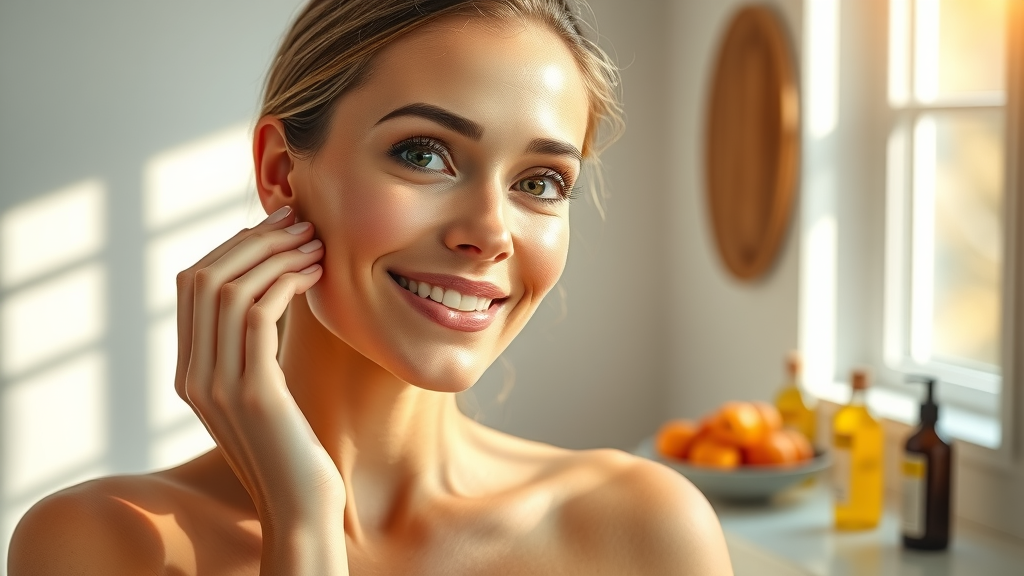
Aging Gracefully: The Role of Apricots and Their Antioxidants
The anti-aging benefits of apricot antioxidants have become a topic of immense interest for those who want to maintain radiant, youthful skin without resorting to complicated products or treatments. Apricot oil and apricot kernel oil are being celebrated for their ability to rejuvenate the skin naturally, mainly due to their high levels of antioxidants, essential fatty acids, and vitamins. Whether applied topically or consumed, apricots provide a natural boost to your body’s ability to combat the visible signs of aging, keeping your complexion glowing and your cells protected from environmental stress.
As we age, the skin’s natural defenses weaken, and the need for effective but gentle skin care becomes even more important. Antioxidants in apricots, such as vitamin C, vitamin E, and polyphenols, are known to fight free radicals, which are one of the main causes of premature aging. By supporting skin cell function and reducing oxidative stress, these natural compounds help reduce fine lines, protect skin types from pollution and UV, and restore elasticity for a more youthful appearance. The journey to aging gracefully doesn’t require synthetic chemicals—sometimes, the answer is as simple as adding more apricot-based solutions to your care routine.
While apricot antioxidants are a powerful ally for skin health, combining them with other lifestyle strategies can further enhance your results. For example, maintaining muscle mass as you age is another key factor in looking and feeling youthful—discover essential nighttime nutrition tips to prevent muscle loss while you sleep and support your body’s natural rejuvenation processes.
How Apricot Antioxidants Support Anti-Aging Naturally
Apricot antioxidants offer a holistic way to protect and nourish the skin, working from both outside and within. The unique blend of nutrients in apricot oil and apricot kernel oil—including fatty acids (oleic and linoleic acid), phytosterols, and vitamins—means these oils do more than just moisturize. They fortify the skin barrier, soothe dry skin or sensitive skin, and improve the skin’s surface by promoting healthy skin cell turnover.
What sets apricot antioxidants apart is their ability to reduce oxidative damage at a cellular level. This process slows the appearance of fine lines, dark spots, and other aging signs linked to oxidative stress. People with all skin types can benefit from these natural elements, finding that regular use leads to improved texture, luminosity, and resilience. For those who seek true, natural radiance, apricot kernel oil and similar products offer a proven, nurturing solution.
"Aging gracefully isn’t about turning back the clock—it’s about maintaining vibrant health and luminous skin, naturally. Apricot antioxidants are a powerful ally in that journey."
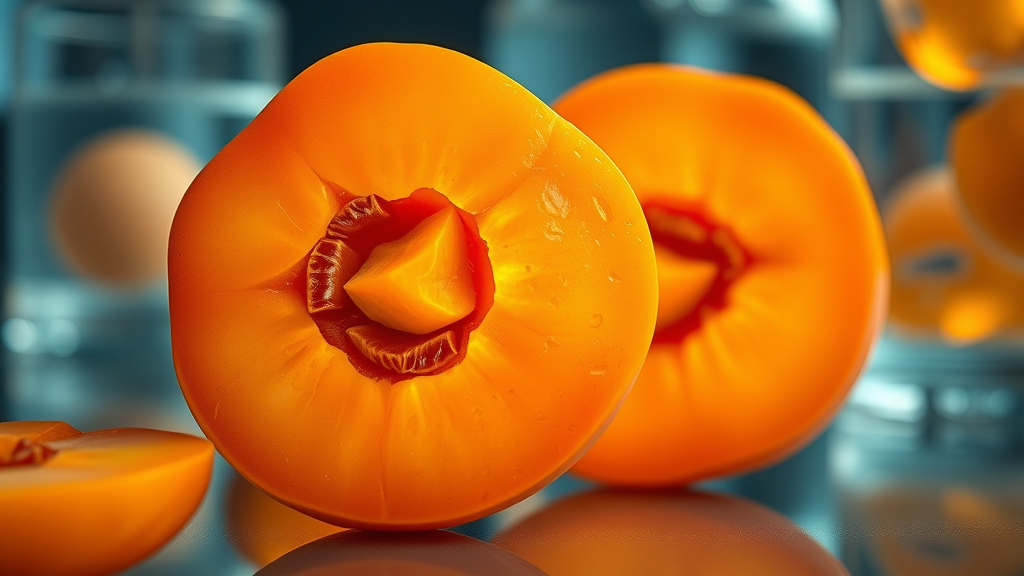
Understanding the Anti-Aging Benefits of Apricot Antioxidants
So, what are the anti-aging benefits of apricot antioxidants and how exactly do they help? Apricots, especially their kernel oil, are loaded with compounds that address common signs of aging. Health benefits include delivering hydration to parched skin, preventing the loss of elasticity, and protecting against oxidative damage. Apricot kernel oil is particularly valued for being gentle on even sensitive skin, making it a staple for natural care products targeting mature or dry skin.
This exceptional oil restores suppleness and smoothness by locking in moisture and infusing skin cells with vital nutrients. Regular application can lead to less noticeable fine lines, improved tone, and a natural, long-lasting glow. What truly sets apricots apart is the harmony of antioxidants, fatty acids, and carotenoids, creating a full-spectrum defense against both intrinsic and environmental aging. For anyone looking to boost skin health and fight visible aging, the benefits of apricot antioxidants are difficult to match.
Health Benefits of Apricot Kernel Oil for Youthful Skin
Apricot kernel oil offers multiple pathways to more youthful skin, thanks largely to its antioxidant profile and fatty acid content. Cold-pressed from the kernels of Prunus armeniaca, this gentle, non-greasy oil mimics the skin’s natural sebum and is well-suited even to sensitive skin types. It supports hydration, reduces inflammation, and shields skin cells from the daily onslaught of pollutants and UV rays. Scientific studies confirm that regular use of apricot kernel oil can help prevent and soften the appearance of fine lines and maintain skin elasticity.
Another key health benefit is the oil’s ability to deliver and lock in moisture, which is fundamental for keeping mature, dry skin supple. This hydration, combined with antioxidants such as vitamin E and A, helps counteract signs of aging and promote a smoother, more luminous complexion. By integrating apricot kernel oil into your daily routine, you provide your skin with a steady supply of nutrients that not only protect but actively rejuvenate, keeping you looking vibrant at any age.
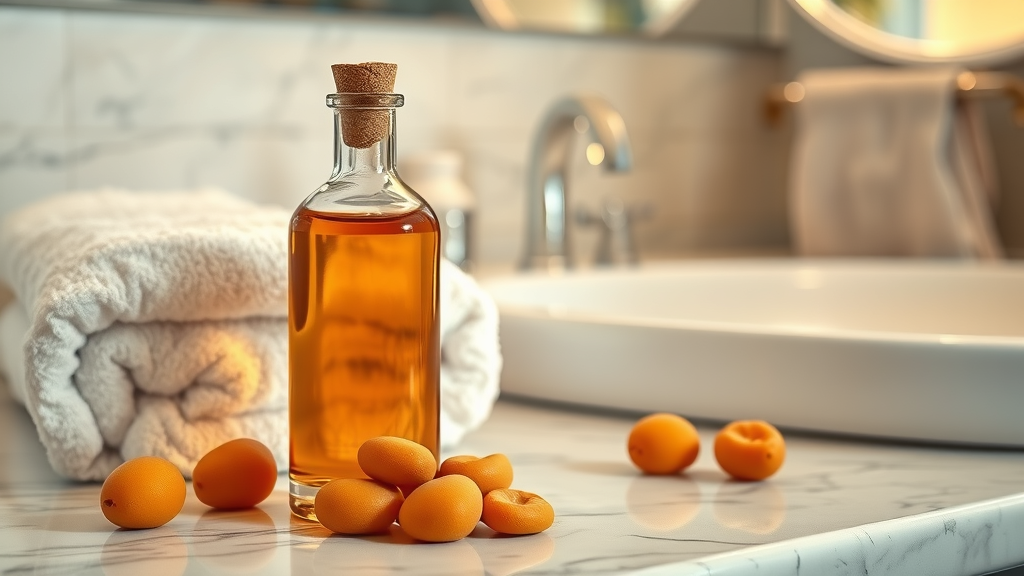
Apricot Oil: High in Antioxidants and Nutrients
Apricot oil stands out as a skincare powerhouse because it is high in antioxidants, including vitamins C and E, and is a good source of polyphenols and carotenoids. This robust nutritional profile combats free radicals—the unstable molecules linked to skin cell damage, fine lines, and premature aging. The light, non-comedogenic texture means it works for a range of skin types, from oily to mature, without clogging pores or irritating delicate areas. Its unique ability to both soothe and protect helps in creating a radiant, age-defying complexion.
Regular topical use of apricot oil can help to repair skin cells damaged by sun exposure and pollution by boosting cellular turnover and fortifying the skin barrier. These health benefits go beyond simple hydration, offering a proactive approach to looking and feeling younger for longer. The broad spectrum of vitamins and fatty acids makes apricot oil a cornerstone ingredient for anyone serious about natural anti-aging skincare.
Apricot Kernel: Nutritional Profile and Anti-Aging Properties
The apricot kernel is a small powerhouse of nutrients that play a significant role in anti-aging. Rich in essential fatty acids, antioxidants, and vitamins, apricot kernels offer several health benefits. They are used to produce the coveted apricot kernel oil, but even in their raw form, kernels carry compounds that protect and repair the skin. This unique nutritional profile has placed apricot kernel high on the list of recommended natural anti-aging solutions.
What makes apricot kernel especially valuable is its synergy of omega-6 and omega-9 fatty acids, vitamin E, and plant phytosterols. These elements support cell membrane health, reinforce the skin barrier, and help neutralize the free radicals responsible for visible aging. By enhancing elasticity and deeply nourishing the skin, apricot kernel—whether as oil or in functional foods—can transform how your skin ages, leaving it soft, strong, and resilient.
Fatty Acids and Other Anti-Aging Compounds in Apricot Kernel
When it comes to anti-aging compounds, the apricot kernel is particularly impressive. It is high in essential fatty acids such as linoleic (omega-6) and oleic (omega-9) acids, which are known for their ability to lock in moisture, fight inflammation, and help repair the skin’s outer layer. The kernel is also rich in antioxidants like vitamin E, which works to combat oxidative stress and delay skin aging.
Other key components include phytosterols—plant-based molecules that reinforce the skin barrier and support healing—and polyphenols, which scavenge free radicals and help keep skin cells healthy. This potent blend works harmoniously to reduce dryness, soften fine lines, and improve the overall texture of the skin. When compared to many commercial skincare products, the natural mix of fatty acids and antioxidants in apricot kernel offers a gentler, more effective way to maintain youthful, glowing skin.
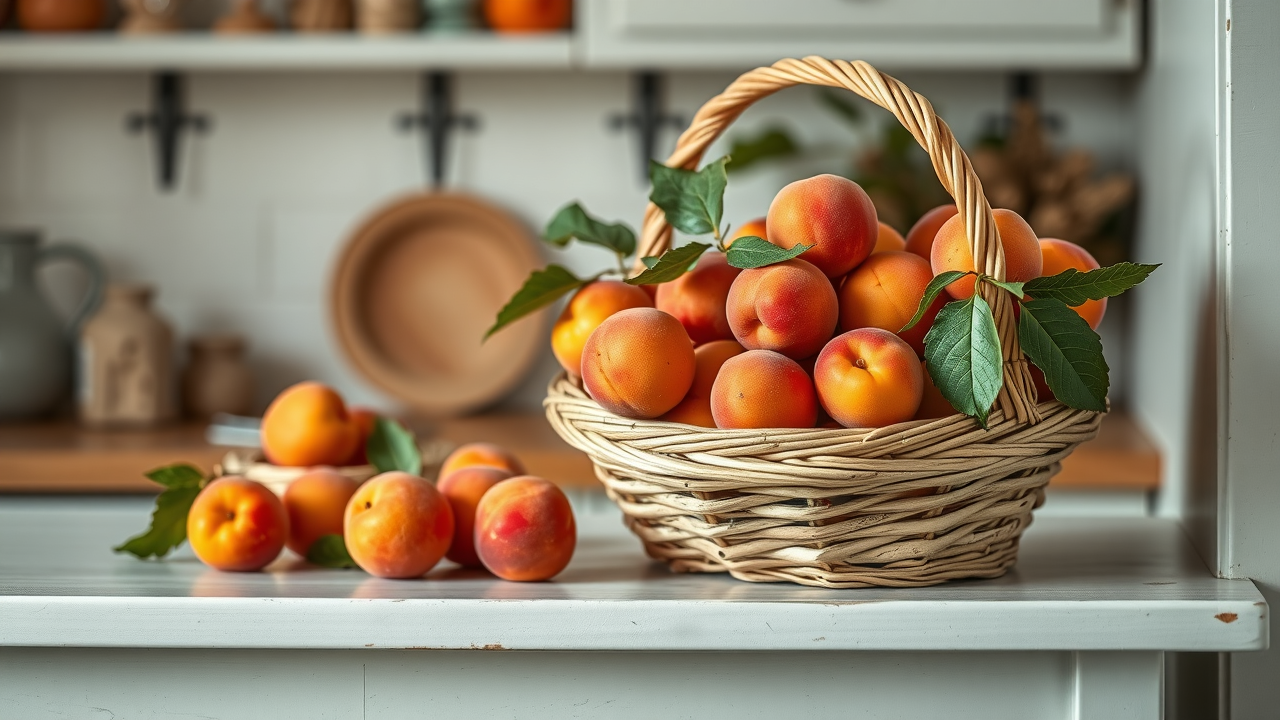
Comparing Apricot Kernel Oil vs. Other Oils for Skin Rejuvenation
With so many natural oils now used in skincare, how does apricot kernel oil measure up for anti-aging? Compared to popular options like almond, jojoba, and argan oils, apricot kernel oil offers an ideal balance of texture, absorption, and nutritional density. Not only is it non-greasy and fast-absorbing, but it also contains a unique blend of fatty acids and antioxidants that provide both immediate and long-term results. This versatility makes it suitable for skin types that are sensitive, oily, or mature, and is especially beneficial for dry skin.
While oils like argan and rosehip have their own virtues, apricot kernel oil’s polyunsaturated fatty acid profile, high levels of vitamin E, and phytosterols mean it is particularly adept at soothing, hydrating, and rejuvenating. For those seeking a lightweight, naturally potent anti-aging oil, apricot kernel oil is a superior choice for maintaining supple, glowing skin with minimal risk of irritation.
Apricot Kernel Oil vs. Common Oils: Antioxidant and Fatty Acid Content
Oil |
Main Antioxidants |
Key Fatty Acids |
Best For |
|---|---|---|---|
Apricot Kernel Oil |
Vitamin E, polyphenols, carotenoids |
Oleic (omega-9), linoleic (omega-6) |
Aging, sensitive, dry skin |
Argan Oil |
Vitamin E, ferulic acid |
Oleic, linoleic |
Mature, dry, frizzy hair |
Jojoba Oil |
Vitamin E |
Eicosenoic, erucic |
All skin types, oily/combination |
Rosehip Oil |
Vitamin C, carotenoids |
Linoleic, alpha-linolenic |
Skin brightening, scars |
Sweet Almond Oil |
Vitamin E |
Oleic, linoleic |
Dry, sensitive skin |
Science-Backed Health Benefits of Apricots for Younger-Looking Skin
Modern research is catching up to traditional wisdom, confirming that apricots and their derivatives are true powerhouses for anti-aging. Studies show that the anti-aging benefits of apricot antioxidants are both real and measurable. These compounds work directly at the cellular level, where they neutralize free radicals—the major culprits behind skin cell damage, loss of elasticity, and wrinkles. As a result, people who regularly use apricot-based products experience visible improvements in tone, texture, and resilience, enjoying a complexion that looks and feels healthier.
Besides visible cosmetic effects, apricots are linked with other health benefits such as improved wound repair, reduced inflammation, and protection against some chronic ailments like heart disease. Whether used topically as oil or consumed as fresh apricot or dried apricots, the holistic impact supports both beauty and inner health.
How Apricot Antioxidants Combat Free Radicals and Support Longevity
The science behind the anti-aging benefits of apricot antioxidants revolves around the interplay between oxidative stress and cellular aging. Free radicals—small, unstable molecules generated by pollution, UV rays, and metabolic processes—cause progressive damage to skin cells and collagen, accelerating the development of fine lines and sagging. Antioxidants in apricots, including vitamin C, vitamin E, beta-carotene, and polyphenols, work by neutralizing these free radicals and preventing oxidative stress from taking its toll.
This protection is key for supporting skin longevity. By reducing oxidative damage, apricot antioxidants enable the body to produce and maintain collagen and elastin, the structural proteins responsible for youthful, firm, and plump skin. The result: less noticeable wrinkles, fewer dark spots, and a stronger, more resilient complexion that ages at a slower pace.
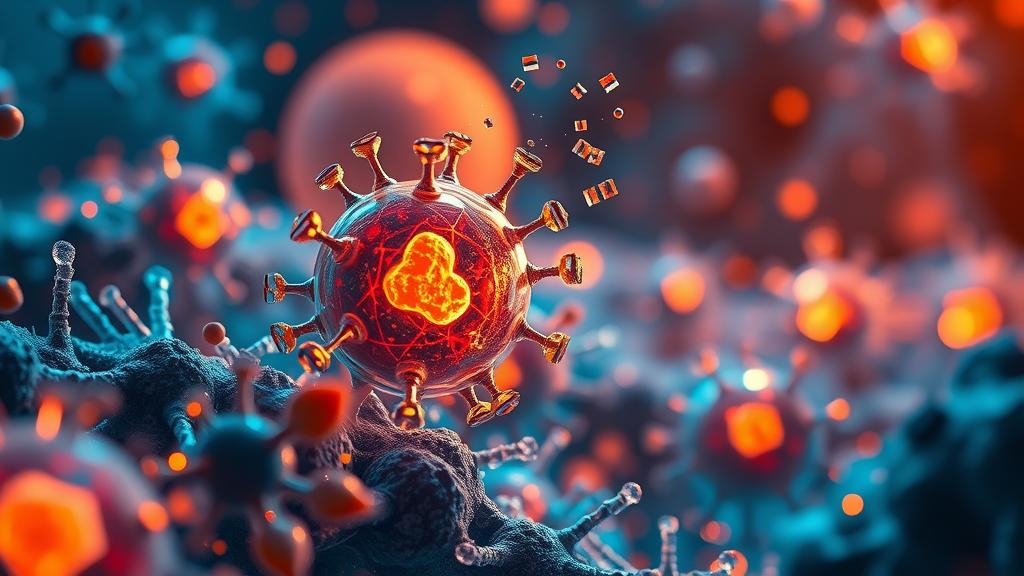
The Role of Apricot Kernel Oil in Reducing Fine Lines and Dark Spots
One of the most sought-after benefits of apricot kernel oil in skincare is its ability to target and reduce the visibility of fine lines, dark spots, and uneven pigmentation. This effect is achieved through a combination of deep moisture delivery and antioxidant activity. Vitamin E and plant sterols in apricot kernel oil penetrate fast, replenishing lost moisture in dry skin while stimulating cell turnover in the upper layers of the skin.
Research-backed evidence also highlights the role of polyphenols and essential fatty acids in improving skin tone and mitigating discoloration caused by environmental damage. Over consistent use, individuals report that skin feels smoother, lines appear diminished, and age spots fade, resulting in a naturally brighter, more luminous complexion. This makes apricot kernel oil one of the most versatile and effective choices for anyone wanting to soften the signs of aging without harsh additives.
How to Use Apricot Oil and Kernel Oil in Your Skincare Routine
Integrating apricot oil and apricot kernel oil into your skin care routine can be remarkably simple and brings noticeable results. Whether you’re looking to enhance hydration, cut down on visible fine lines, or provide an antioxidant shield, adding these natural oils is suitable for all skin types. Start with a few drops after cleansing and before your moisturizer, or mix them into your favorite serums and creams to boost their potency. Their lightweight, easily absorbed texture serves both day and night regimens equally well.
For best results, consistency is key. The skin’s barrier benefits from regular nurturing, particularly with nutrient-rich oils that work in harmony with your cell renewal cycle. Consider replacing heavier, chemical-laden creams with apricot kernel oil for gentle hydration and visible anti-aging without irritation. The result is a smoother, brighter complexion that builds overtime, revealing your most radiant self.
DIY Tips: Incorporating Apricot Kernel Oil for Maximum Health Benefits
Creating your own DIY skin care products with apricot kernel oil is an easy way to tailor your regimen for visible anti-aging results. Try blending a teaspoon of apricot kernel oil with a few drops of your favorite essential oil (like lavender or rose), and gently massage into cleansed skin each night for an ultra-nourishing facial treatment. To make a quick hydrating mask, combine apricot oil with honey and plain yogurt—leave on for 10 minutes to deeply soften and refresh.
For all-over glow, add a few drops of apricot oil to your body lotion or bathwater. You can even use it as a gentle makeup remover for delicate areas. Its versatility and fast absorption make it an exceptional addition to any routine, helping maximize health benefits for all skin types. Regular usage, coupled with other good habits like sun protection, can greatly extend your skin’s youthful, healthy appearance.
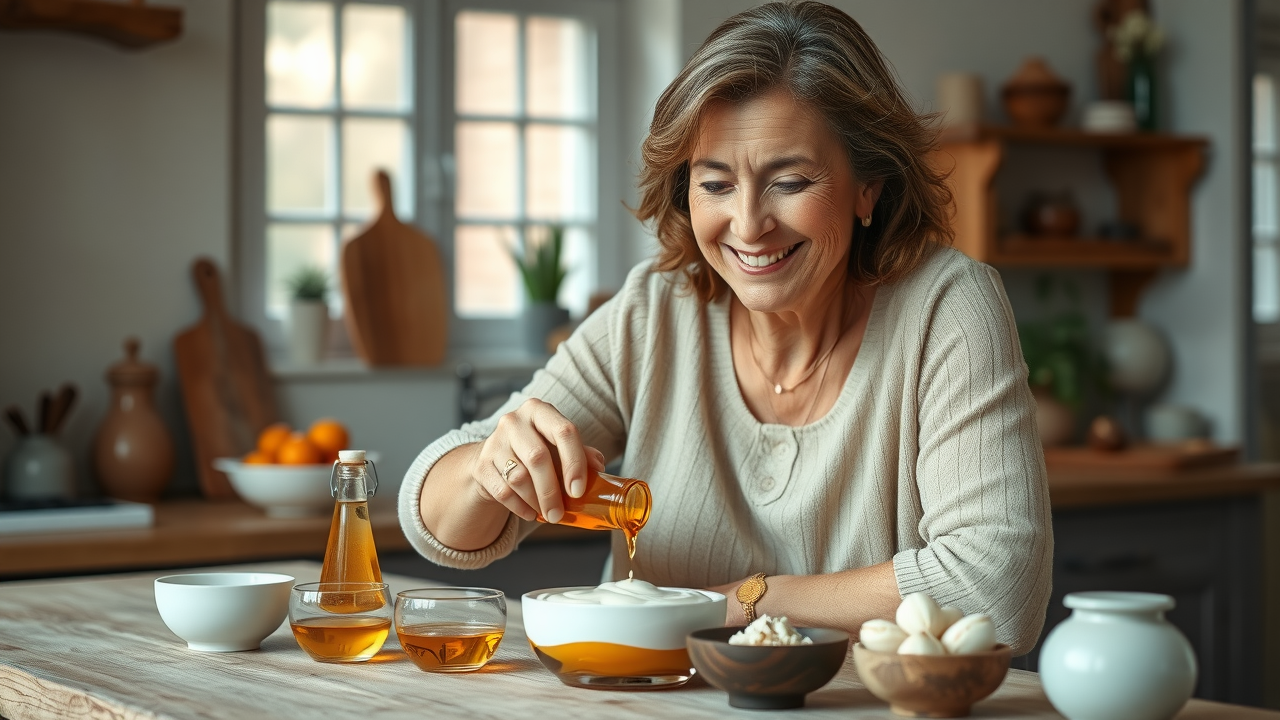
Precautions and Best Practices for Applying Apricot Oil
While apricot oil is celebrated for its gentle, nourishing qualities, it’s wise to follow a few best practices to get the most from its anti-aging benefits. Always begin by patch-testing pure apricot kernel oil or apricot oil on a small area of skin to ensure there’s no irritation, especially if you have sensitive or allergy-prone skin. Gradually incorporate it into your routine by blending a few drops into your regular moisturizer or applying it as a serum after cleansing.
For optimal effect and safety, choose cold-pressed, organic oils from reputable sources—these retain the maximum amount of antioxidants and health benefits. Avoid applying oil directly before sun exposure, as some natural oils can increase sensitivity. With consistent, mindful use, apricot oil can offer lasting hydration, barrier strengthening, and help your skin age more gracefully.
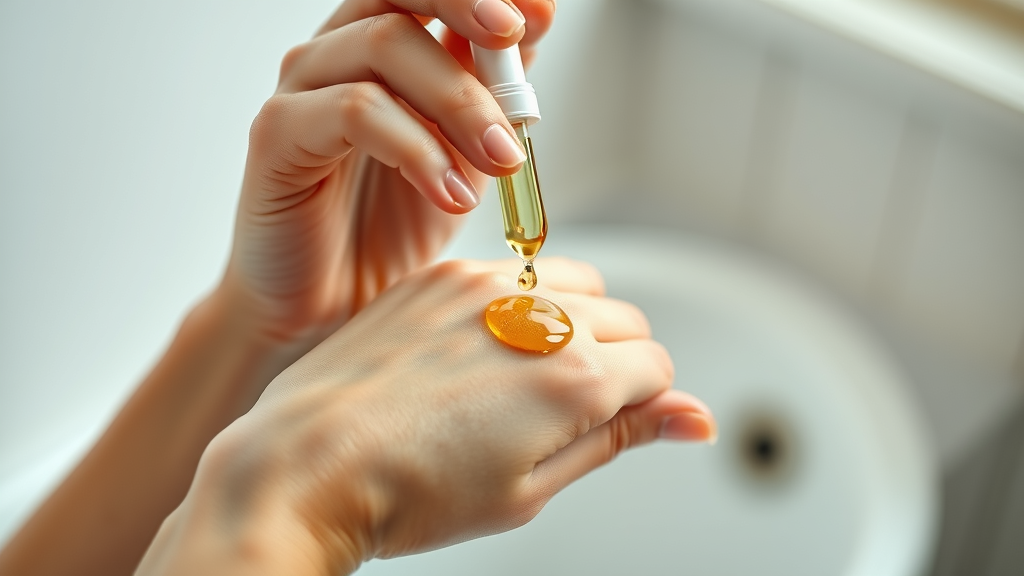
-
Top 5 Benefits of Apricot Kernel Oil for Aging Skin
Intensely hydrates and relieves dry, mature skin
Reduces fine lines and wrinkles with regular use
Protects against environmental free radicals
Improves skin elasticity and luminosity
Soothes sensitive skin while boosting regeneration
Apricot in Your Diet: Maximizing the Internal Anti-Aging Benefits
You don’t have to limit the anti-aging benefits of apricot antioxidants to topical applications. Adding apricots—both fresh apricots and dried apricots—to your daily diet provides a direct boost of vitamins, minerals, and antioxidants from the inside out. Rich in vitamin A (as beta-carotene), vitamin C, potassium, and polyphenols, apricots help support healthy circulation, immune defense, and even collagen production, all vital for a glowing complexion and overall wellness.
Including a serving of apricots as a snack or blending them into breakfast and desserts offers a sweet, tangy way to nourish your body while elevating your skin care routine from within. This nutritional synergy not only helps to protect against oxidative stress, but also supports eye health, immunity, and may even reduce risks asociated with heart disease.
Benefits of Apricots as an Antioxidant-Rich Snack
Apricots are an ideal snack for those seeking health benefits that also contribute to anti-aging. These small fruits are high in antioxidants, quick to eat fresh or dried, and naturally low in calories. Besides beta-carotene, which helps brighten skin and improve cell turnover, the fiber in apricots supports digestion and healthy nutrient absorption—both critical for skin quality and radiance.
Whether eaten on their own or added to trail mix, salads, or yogurt, apricots provide a delicious, functional way to help your body ward off free radicals. This internal defense, paired with topical use of apricot kernel oil, creates a holistic approach to natural anti-aging.
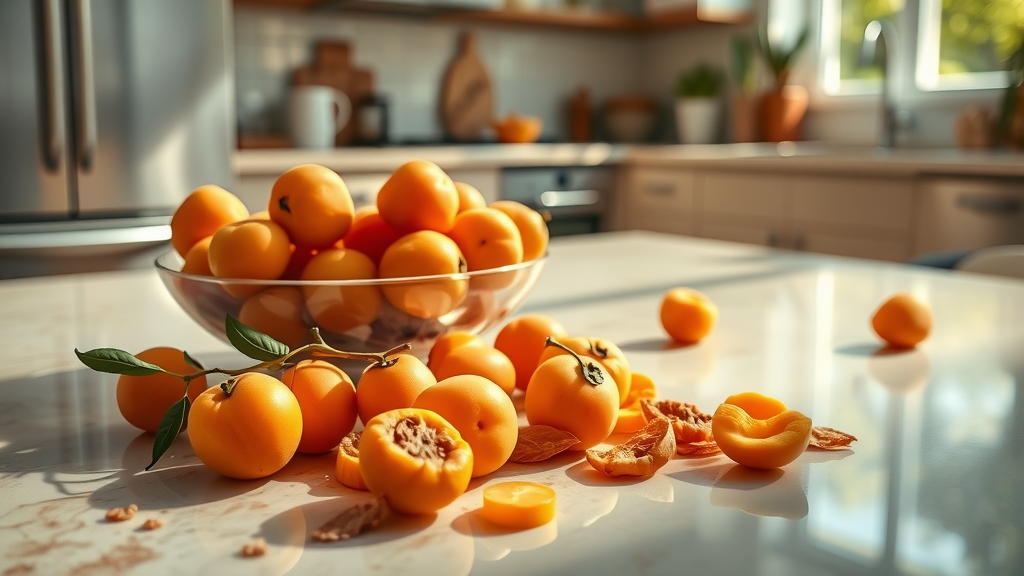
Easy Recipes to Boost Your Intake of Apricot Antioxidants
Boosting your intake of apricot antioxidants can be both simple and delicious. Try blending fresh apricots into a morning smoothie, toss diced apricots onto oatmeal, or add dried apricots to baked goods for a natural sweetener that’s also full of skin-loving nutrients. Another easy option: combine chopped apricots, walnuts, and Greek yogurt for a protein-packed breakfast or snack.
For those wanting an extra antioxidant boost, create an apricot energy bowl—blend apricots, bananas, nuts, and seeds, then top with a mix of fresh fruit and a drizzle of apricot kernel oil. The options are endless, and making apricots a dietary staple gives your skin and body an ongoing supply of anti-aging support.
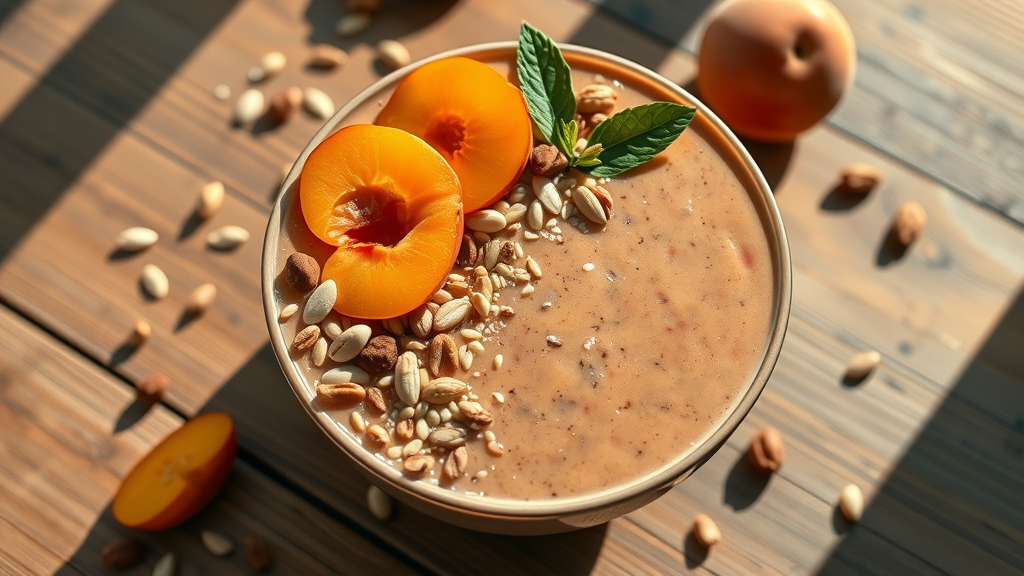
Nutritional Comparison: Fresh Apricots, Dried Apricots, and Apricot Kernel Oil
Product |
Calories (per 100g) |
Main Antioxidants |
Key Fatty Acids |
Best Use |
|---|---|---|---|---|
Fresh Apricots |
48 |
Vitamin C, beta-carotene, polyphenols |
Small amounts |
Snacking, salads, smoothies |
Dried Apricots |
241 |
Polyphenols, vitamin A, potassium |
Small amounts |
Energy bars, trail mix, desserts |
Apricot Kernel Oil |
884 |
Vitamin E, polyphenols |
Oleic, linoleic acids |
Skincare, cosmetic use |
The Science Behind Apricot Antioxidants and Their Effects on Aging
Emerging research highlights how apricot antioxidants interact with the skin’s natural defenses to maintain youthfulness. Studies on apricot kernel oil and extracts demonstrate that these compounds reduce oxidative damage, support collagen production, and aid in cellular regeneration—all critical processes for sustaining youthful skin. This research backs up the centuries-old use of apricot oils and extracts in traditional medicine for promoting longevity and beauty.
Scientists are continuing to explore how the diverse mix of polyphenols, vitamins, and essential fatty acids in apricots offers superior protection compared to synthetic antioxidants found in some skin care products. This means consumers can have confidence in choosing apricot-based oils for a safe and proven approach to anti-aging.
What Research Says About the Anti-Aging Benefits of Apricot Antioxidants
There’s a growing consensus in scientific circles that the anti-aging benefits of apricot antioxidants are substantive and unique. Peer-reviewed studies have shown that apricot kernel oil supports the skin by reducing inflammation, stimulating healthy cell turnover, and enhancing elasticity, while preserving the integrity of cell membranes.
Moreover, the synergy of antioxidants and fatty acids offers a two-fold approach: protecting against external factors like pollution and UV, while restoring internal balance and encouraging new, youthful skin cells. Whether as part of your diet or daily skin care, apricots truly earn their reputation as a top contender for youthful skin and long-term wellness.

"Apricot kernel oil is rich in essential fatty acids and antioxidants, making it one of nature’s top contenders for youthful, healthy skin."
Expert Tips: Maximizing the Benefits of Apricot for Anti-Aging

Hashing Out the Best Routines for Consistent Results
Dermatologists and skin care experts recommend establishing a consistent regimen using apricot kernel oil or apricot oil to maximize anti-aging results. They advise applying the oil directly after cleansing, allowing it to penetrate deeply before layering on other products. Pairing these oils with gentle exfoliation once or twice a week helps promote cellular turnover and enhances absorption of the antioxidants.
For best effect, combine internal consumption of fresh apricots or dried apricots with external treatments. Drink plenty of water and use sun protection daily to safeguard the benefits. Over time, this holistic approach builds skin health from within and without, magnifying the visible improvements in smoothness, tone, and radiance.
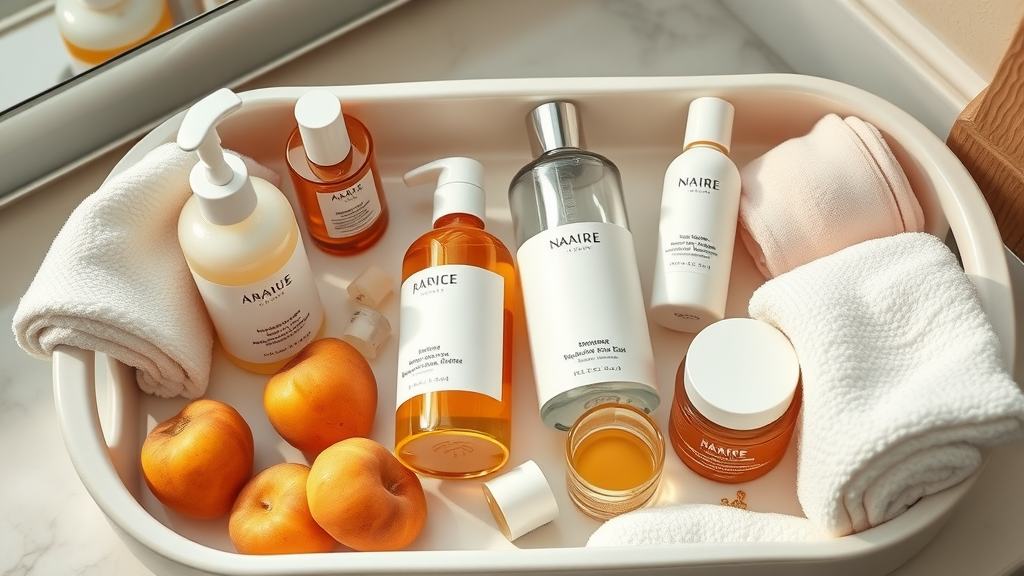
Combining Apricot With Other Natural Anti-Aging Remedies
To supercharge your results, combine apricot oil with other natural anti-aging remedies. For example, pairing it with natural retinols, hyaluronic acid serums, or vitamin C-rich products can produce a synergistic effect, boosting both moisture retention and antioxidant defense. Herbal extracts like green tea or chamomile can also be layered with apricot oils to soothe, heal, and fortify skin against oxidative damage.
The real secret lies in customizing your routine based on your individual skin type and needs. Experiment with blends that include apricot kernel oil and other favorite botanicals, applying regularly for maximum effect, and always patch test when trying new combinations. In doing so, you leverage a full range of nature’s anti-aging capabilities for radiant, age-defying skin.
People Also Ask: Apricot Antioxidants and Anti-Aging
Are apricots anti-aging?
Apricots offer powerful anti-aging benefits due to their high antioxidant content, which helps neutralize skin-damaging free radicals and supports collagen production.
Are apricots high in antioxidants?
Yes, apricots are high in antioxidants, particularly vitamin C, vitamin E, beta-carotene, and polyphenols, all essential for skin health and aging.
What does apricot do to the face?
Applied to the face, apricot oil and apricot kernel oil help moisturize, reduce fine lines, and restore a youthful glow while protecting against environmental stressors.
What are the benefits of anti aging antioxidants?
Anti-aging antioxidants prevent skin cell damage, slow premature aging, improve skin elasticity, and promote a radiant complexion.

FAQs: Anti-Aging Benefits of Apricot Antioxidants
Can apricot kernel oil be used daily on the face?
Yes, apricot kernel oil is suitable for daily use and works well for most skin types, including sensitive skin. Its lightweight texture ensures it absorbs quickly without clogging pores, delivering essential fatty acids and antioxidants that hydrate and rejuvenate with regular application.
Are there any side effects of using apricot oil for anti-aging?
Apricot oil is considered safe for topical use, but rare allergic reactions or sensitivities may occur. Always perform a patch test before widespread use, and discontinue immediately if irritation develops. Consult a dermatologist if you have known nut or seed allergies before applying kernel-derived products.
Is there a difference between apricot oil and apricot kernel oil in skincare?
Yes. Apricot kernel oil is extracted from the seed (kernel) of the fruit and is richer in antioxidants and fatty acids compared to apricot flesh oil. Kernel oil is preferred for skin care because of its superior vitamin E content and ability to deeply nourish and protect aging skin.
How long does it take to see anti-aging benefits from apricot antioxidants?
Most people notice smoother, more hydrated skin within a few weeks of consistent use. Visible reductions in fine lines, dark spots, and overall skin texture may take one to three months, depending on your skin’s level of damage and individual response to antioxidants.
Key Takeaways: Why Apricot Antioxidants Are a Top Anti-Aging Solution
To enjoy youthful, radiant skin as you age, consider harnessing the anti-aging benefits of apricot antioxidants. Packed with moisture-locking fatty acids, vitamins, and polyphenols, apricots and their oils nurture skin from the inside out. Choose organic, cold-pressed apricot kernel oil for external use and make apricots a regular, delicious part of your diet. With consistent routine and simple, natural ingredients, staying younger, naturally, is truly within reach.
Conclusion: Embrace the Anti-Aging Benefits of Apricot Antioxidants for a Naturally Youthful Glow
Now is the time to let apricots and their antioxidants work their magic—nourish your body, revitalize your skin, and step confidently into a more youthful, radiant you.
If you’re inspired to take your anti-aging journey even further, consider how a comprehensive approach to wellness can amplify your results. Building strength and resilience isn’t just about what you put on your skin or in your diet—incorporating smart movement and fitness strategies can help you maintain vitality for years to come. Explore expert strength training tips for longevity to complement your apricot-powered routine and unlock a holistic path to lasting health, energy, and youthful confidence.
Sources
Apricots are a powerhouse of nutrients that offer significant anti-aging benefits, primarily due to their rich antioxidant content. These antioxidants, including vitamins A, C, and E, play a crucial role in neutralizing free radicals, thereby reducing oxidative stress that accelerates skin aging. Regular consumption of apricots can enhance skin elasticity, diminish the appearance of fine lines and wrinkles, and promote a radiant complexion. (slurrp.com)
Incorporating apricot kernel oil into your skincare routine can further amplify these benefits. This oil is abundant in essential fatty acids and antioxidants, which deeply nourish the skin, improve its elasticity, and provide a protective barrier against environmental stressors. Its lightweight texture allows for quick absorption, making it suitable for all skin types. (thedermspot.com)
By embracing both the dietary and topical applications of apricots and their derivatives, you can naturally support your skin’s health and maintain a youthful, vibrant appearance.
 Add Row
Add Row  Add
Add 

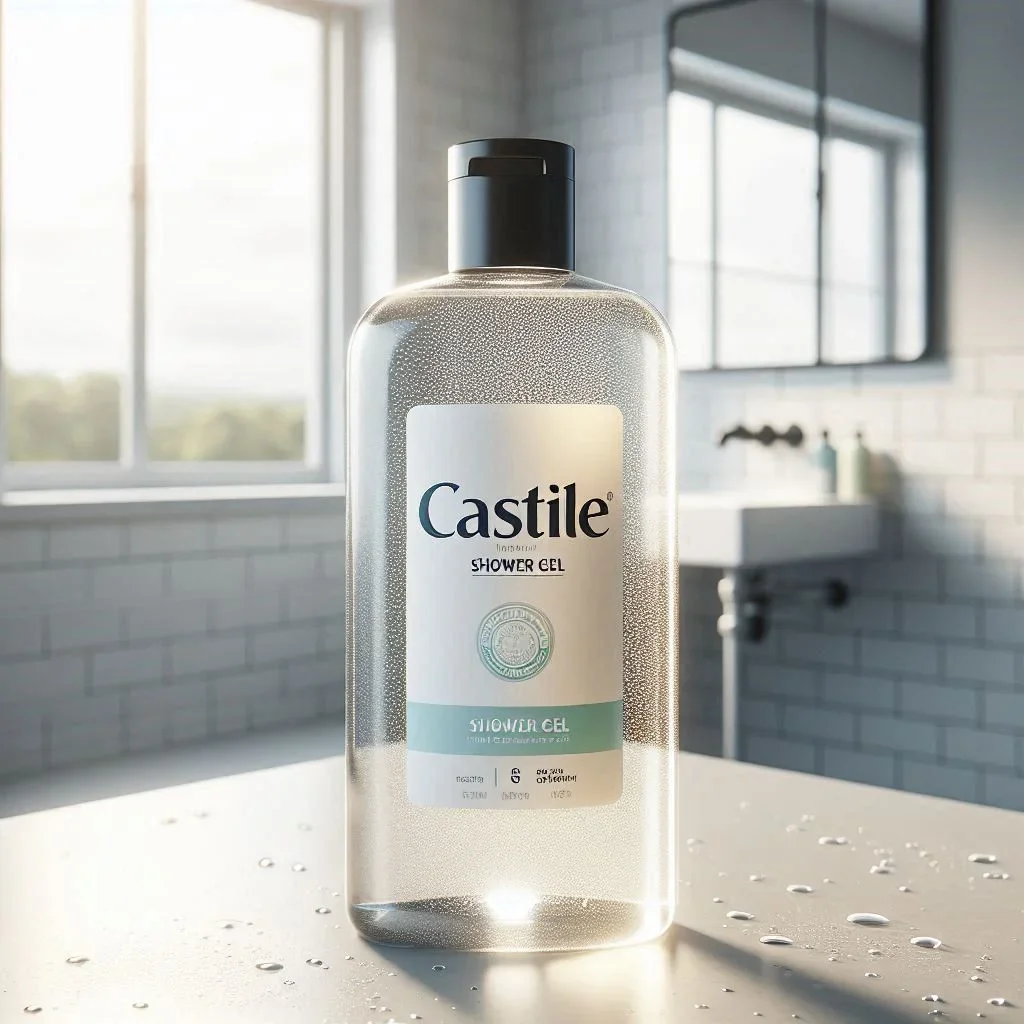


Write A Comment